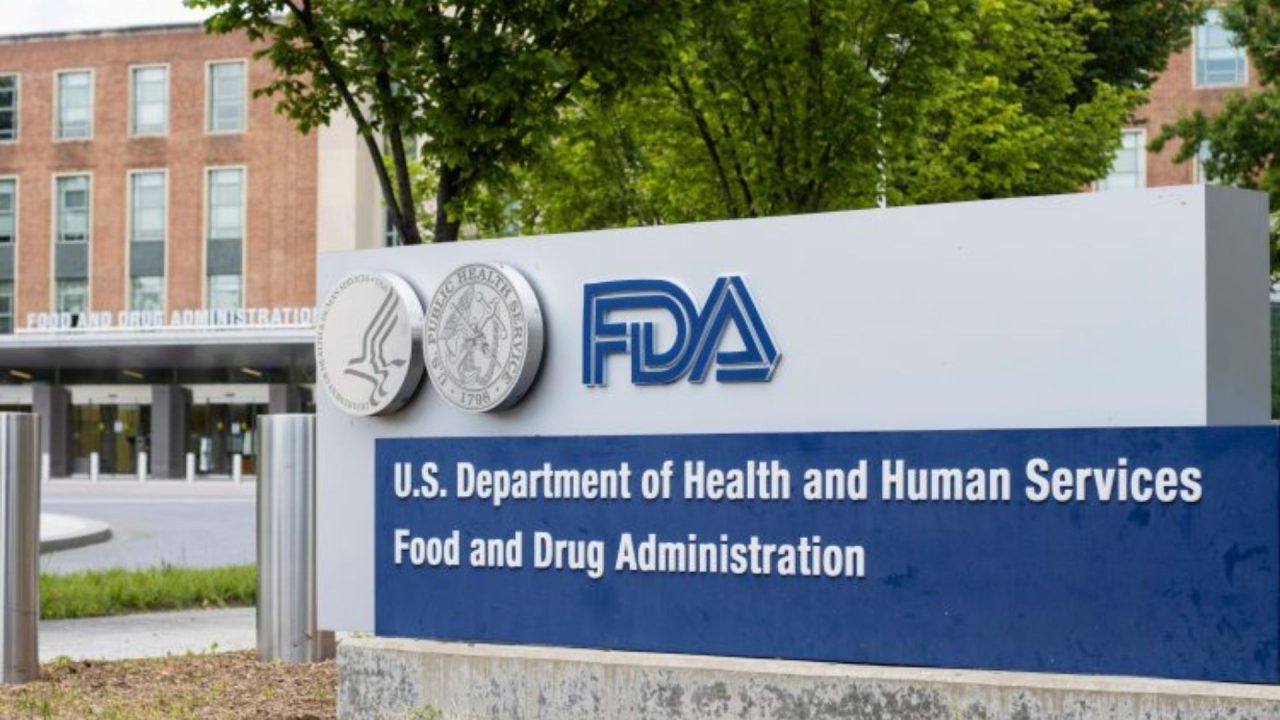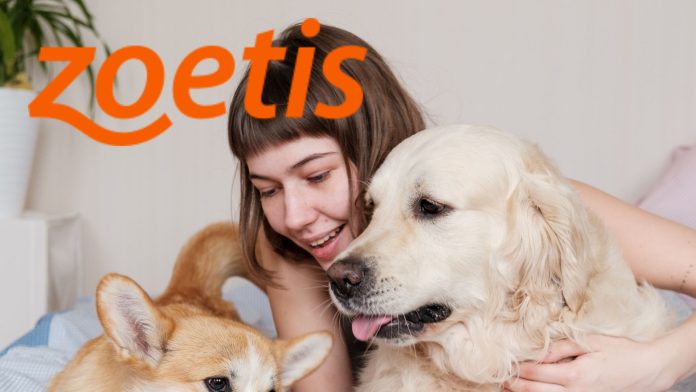If you want to comprehend the historical disparity between the human and animal medicine and vaccine sectors, a stark example lies in weight loss drugs.
On the human front, Novo Nordisk and Eli Lilly found themselves grappling with the demand for Ozempic, Wegovy, Mounjaro, and Zepbound, respectively, following their introduction. These drugs, aimed at treating diabetes and aiding weight loss, saw a surge in popularity in 2023. Other pharmaceutical giants like Pfizer and AstraZeneca have detailed their plans to enter a market projected to be worth tens of billions of dollars in the coming decade. Concurrently, smaller pharmaceutical firms are vying for a slice of what has become the most vibrant segment of healthcare.
In contrast, the first medication formulated to address obesity in dogs was withdrawn from the market in 2014 due to lackluster interest.
“I think I had one of the only dogs that was on it, and I’m going to make myself sound really bad when I explain why,” remarked Zoetis CEO Kristin Peck, who assumed the role of CEO in 2020 and was recently named to the inaugural CNBC Changemakers list. “I don’t think a lot of people wanted to get their dogs weight loss drugs because if your dog is overweight, you have to admit that the reason is probably you’re not walking it and are feeding it too much.”

As the adage goes, dogs, and pets in general, have long held the title of man’s best friend. However, the realm of pet pharmaceuticals hasn’t always reflected this bond, often limited to essentials like tick or flea collars, with preventive measures rarely extending beyond necessary vet visits.
However, according to Peck, there’s been a noticeable shift in both pet owner attitudes and the pharmaceutical landscape, aligning animal medicine more closely with human healthcare.
“Newer generations perceive their pets very differently compared to previous ones,” remarked Peck. “Fifty, sixty years ago, your dog might have been relegated to the backyard; now, it’s a cherished member of the household, often sharing your bed and sometimes even supplanting children – outfitted with strollers, backpacks, and attire.”
When Pfizer spun off its animal health division in 2013, forming Zoetis, approximately 65% of its business revolved around livestock. That ratio has since reversed, with 64% of revenue now stemming from products catering to companion animals like cats and dogs.
Peck has upheld the company’s commitment to innovation, pioneering products in pet care categories that were previously underserved.
For instance, in 2022, the company raked in over $1.3 billion in revenue from dermatology-related drugs for dogs and cats, a stark contrast to the less than $1 million garnered from this category in 2013. A standout product in this domain is Apoquel, formulated to alleviate allergic itching and dermatitis in dogs.
“When we initially ventured into dermatology, the prevailing sentiment was that dogs didn’t require such treatments; a dose of Benadryl for itching should suffice,” recalled Peck. “However, we believed in creating a market, and achieving over $1.3 billion in dermatology sales now – if someone had suggested such a possibility five or six years ago, it would have seemed ludicrous.”
Peck attributes Zoetis’s ability to balance its focus between animal and human health to the Pfizer spinoff. “We have a single customer, and we prioritize that every day and with every dollar we invest, be it in R&D, commercial endeavors, or manufacturing,” she affirmed.
This strategy has led to Zoetis’s next flagship product: the treatment of osteoarthritis (OA) pain in dogs and cats.
In May, the FDA approved Librela, a monoclonal antibody treatment offering long-term relief for OA pain symptoms in dogs, enhancing their mobility and overall quality of life. Zoetis estimates that 40% of dogs exhibit signs of OA, manifesting as difficulty navigating stairs, reluctance to jump, limping after exercise, and increased withdrawal.
A similar treatment received approval for cats, marking the first instance of monoclonal antibody therapies, increasingly prevalent in human healthcare, being deployed to address pet osteoarthritis pain.
“You can’t manufacture a monoclonal antibody for dogs in a human health facility, so you must be willing to allocate significant capital during clinical trials – it’s a bold, high-stakes decision,” Peck explained. “We’ve demonstrated that pet owners are willing to pay for products that deliver value.”

While Zoetis focuses on bridging the gap between human and animal health products, Peck emphasizes the importance of addressing unique differences, such as the diagnostic process.
“People with osteoarthritis visit the doctor, receive medication, and consequently lead healthier, longer lives with improved quality,” Peck noted. “But if I’m suffering from hip pain, unnoticed due to lack of limping, it’s akin to assuming your dog isn’t afflicted with osteoarthritis because it’s not visibly limping.”
In June 2022, Zoetis acquired Basepaws, a pet care genetics company, for over $50 million, specializing in DNA testing for dogs and cats aimed at health assessment and early disease detection.
“By analyzing genetics and biomarkers for diagnostics, we’ll prolong lives,” Peck affirmed. “We’ll better predict and significantly enhance the quality of life for animals unable to articulate their discomfort.”
Artificial intelligence plays a pivotal role in this endeavor. Peck noted that cats often receive less medical attention than dogs, given the challenge many owners face in transporting them to the vet. Consequently, Zoetis invested in AI technology enabling cat owners to record their pets’ movements, upload videos for AI analysis, and identify potential osteoarthritis issues.
Peck asserted that Zoetis will persist in innovative approaches to animal health, drawing inspiration from human healthcare while forging unique paths to tackle the distinct challenges of pet care.
Unlike in 2014, could there now be an Ozempic for dogs and cats that effectively addresses their needs? Peck indicated the company’s interest in addressing challenges related to cardiology, diabetes, and weight loss in pets.
“Many technologies applicable to humans can translate to animals, and vice versa,” Peck stated confidently.


